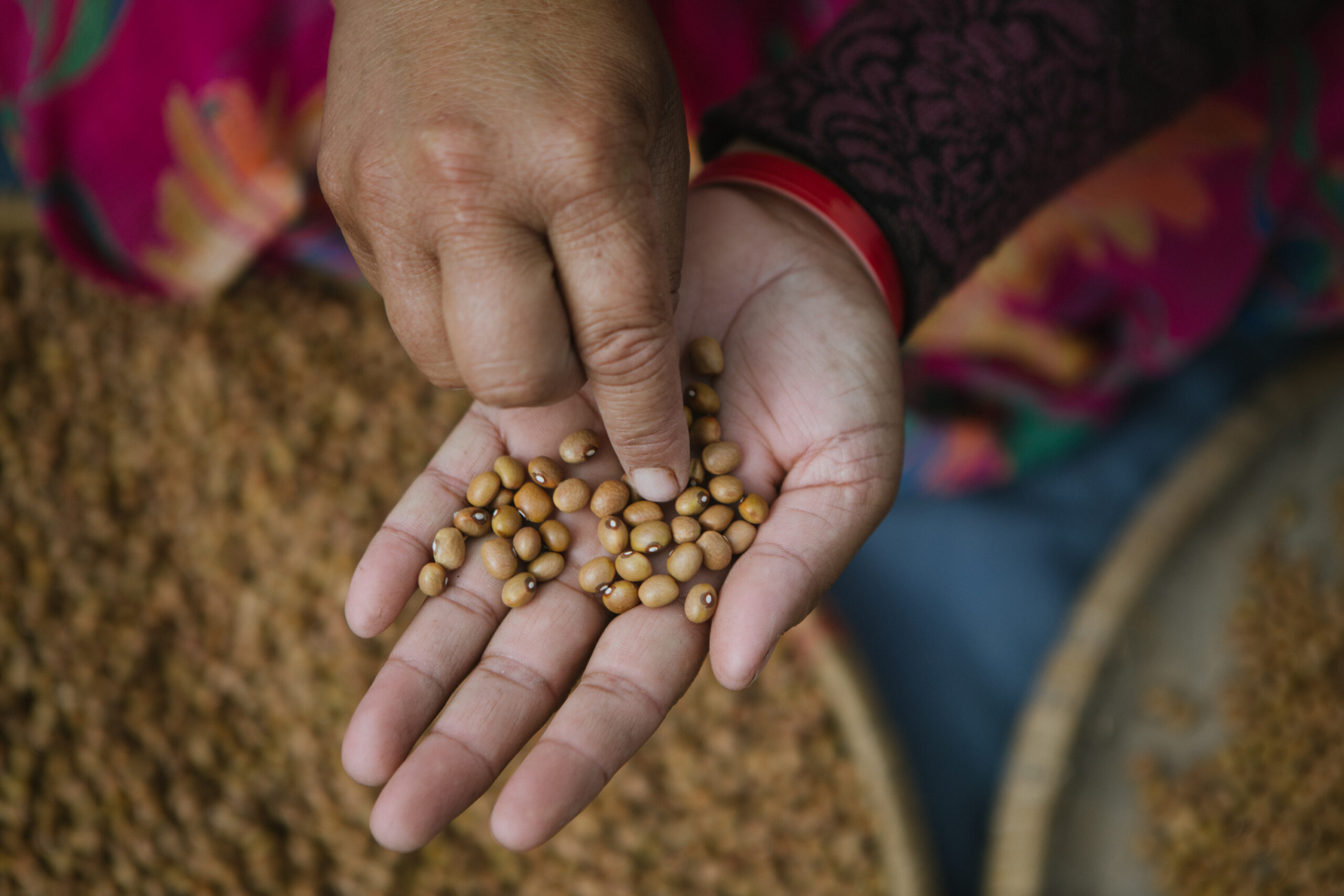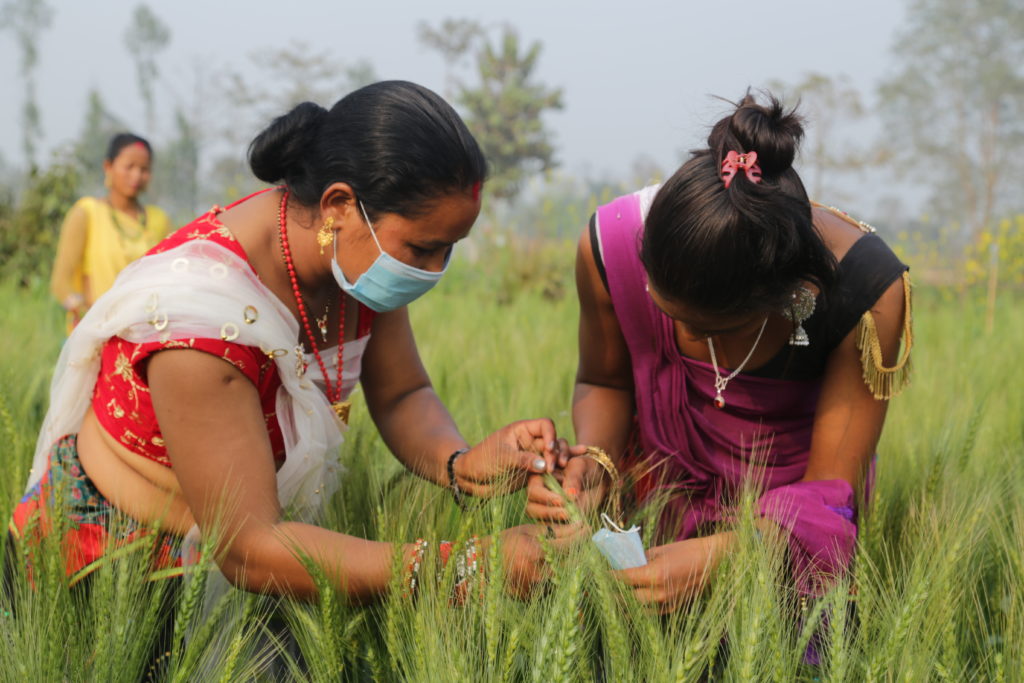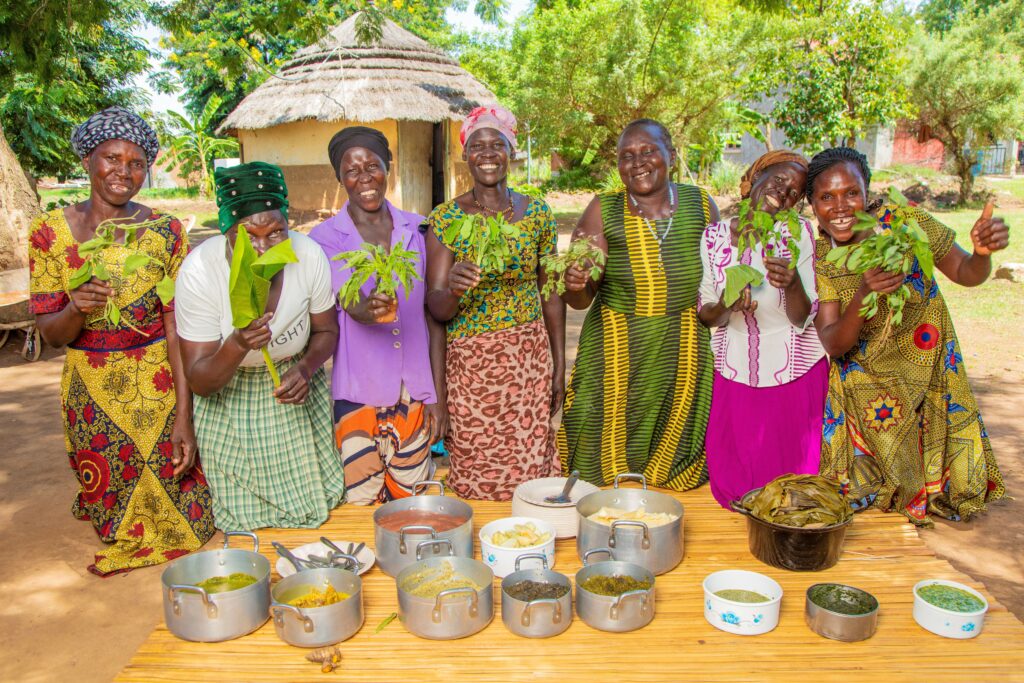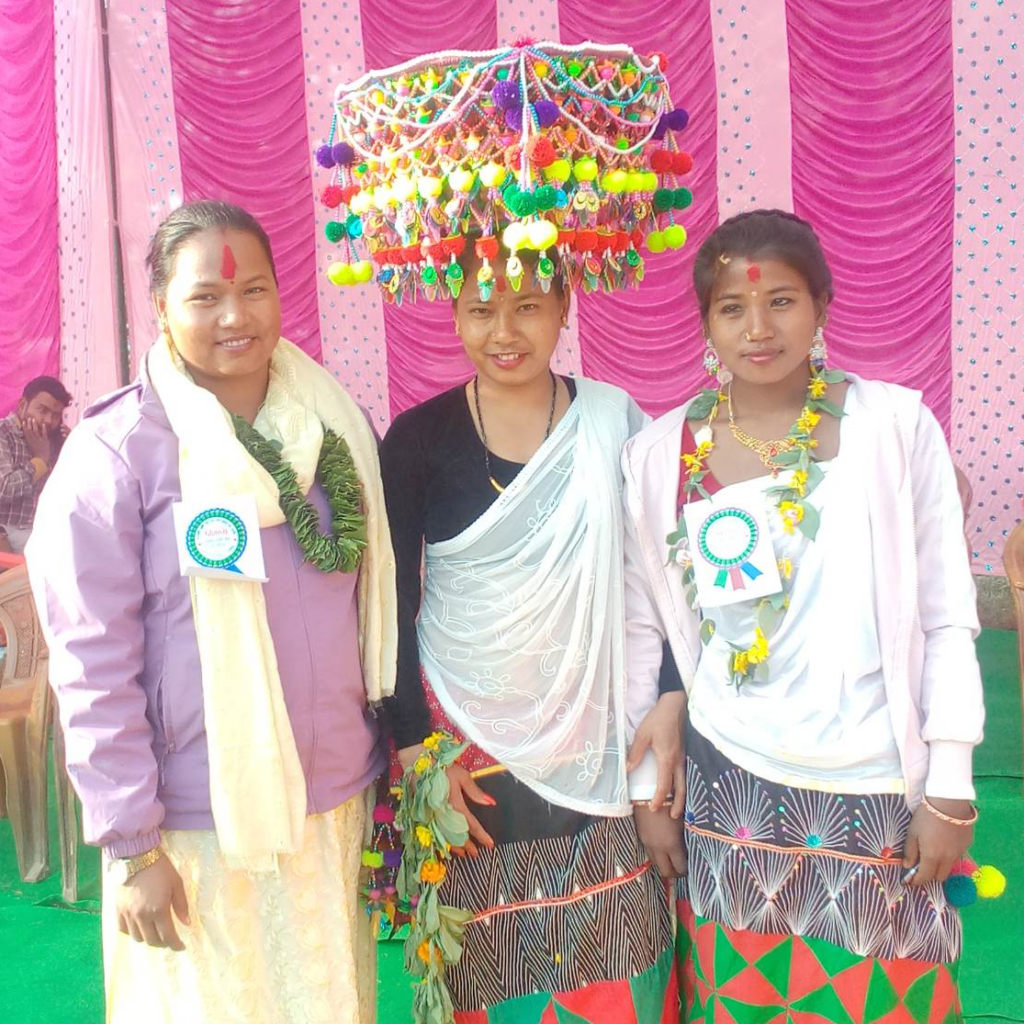By Nout van der Vaart, Oxfam Novib
The Oxfam Novib SD=HS team participated in the SeedNL Annual Event, which took place in Wageningen, the Netherlands on October 5th. During the event, the team had the opportunity to co-facilitate a joint break-out session together with ISSD Uganda, to inform the audience about seed system policies and the idea of establishing a system that allows for the registration of farmer varieties in Uganda. The summary of the SeedNL Annual Event is given below:
Alternative seed systems are gaining increasing attention from seed sector stakeholders in Uganda. Quality Declared Seeds (QDS) and the registration of farmer varieties are considered viable alternatives to the formal seed system. However, a fully enabling environment for both alternative systems is not yet in place. Whereas the QDS systems have been around for a while, with some progress made regarding awareness raising and embedding in the legal system (QDS seeds being considered a standalone seed class now), the registration of farmer varieties is still a relatively new concept. Although farmer seed varieties have always been around, provide the basis for newly created PGR, and are still used by most farmers in Uganda, the formal system so far does not provide official ways to register these seeds. The greater heterogeneity and adaptiveness to the local circumstances found in farmer seed populations is both a strength as it increases farmers’ resilience (against pests, etc.) as well as a challenge policy-wise as the current system does not provide ways for these seeds to be registered and recognized as such. Ugandan seed sector actors like ministries, research institutes, breeders, NGOs and farmers are working together in multiple ways to further strengthen the Ugandan seed sector. These explorations are diverse and take several directions: both through the development of the formal seed sector, through the piloting of a digital seed information system, through the facilitation of and support for local seed businesses, and initial discussions held about possibilities to recognize and allow for the registration and trade of more heterogeneous farmer seed varieties.
Oxfam in Uganda, together with ESAFF and PELUM have been implementing the SeedNL Seed Law Toolbox project, which explores challenges and next steps in the registration of farmer varieties in Uganda.
Oxfam Novib’s participation in the World Food Day event organized by the Netherlands Food Partnership
On October 12, the Netherlands Food Partnership (NFP) organized its annual World Food Day event in Amersfoort, the Netherlands. During this day SeedNL organized live podcast recording about navigating dilemmas and solutions in Farmer Rights and Plant Breeder Rights in our seeds and food. Oxfam Novib Seed Policy Advisor Bram de Jonge was one of the panelists, besides Teshome Hunduma from the Norwegian University of Life Sciences and Szonja Csörgő from Euroseeds. There was a consensus with speakers that plant breeders need to be remunerated for breeding efforts done (through the plant breeders’ rights). At the same time, the contribution made by farmers throughout time in providing plant genetic resources to humanity has been immense, and the rights of farmers to freely save, develop, exchange and trade seeds, especially in the global South, should therefore also be safeguarded. Bram explained that collaboration and interaction between stakeholders and different seed systems is key and that having a dialogue and mutual understanding of different perspectives is critical in developing thriving seed sectors. At the same time, he pointed out that currently, there is a huge disbalance between governments’ support for private sector-driven and formal seed systems on the one hand and a few investments made in farmers’ seed systems. A better understanding of governments and other key actors in the everyday reality of farmers and their contributions made to the maintenance and provision of plant genetic resources would be needed to improve collaborations and the full development of farmer seed systems. The take-home message from all three-panel speakers was to intensify collaborations between different seed sector stakeholders and to start working on the ground together more actively and widely. This conversation was recorded through the SeedNL podcast, which will be made available in due time. Stay tuned for updates!









